Maintaining the right fluids in your car is crucial for its performance and longevity, but not all the facts are always clear. Are you aware of what your mechanic might not be telling you about your car’s fluids?
1. Longer Oil Change Intervals
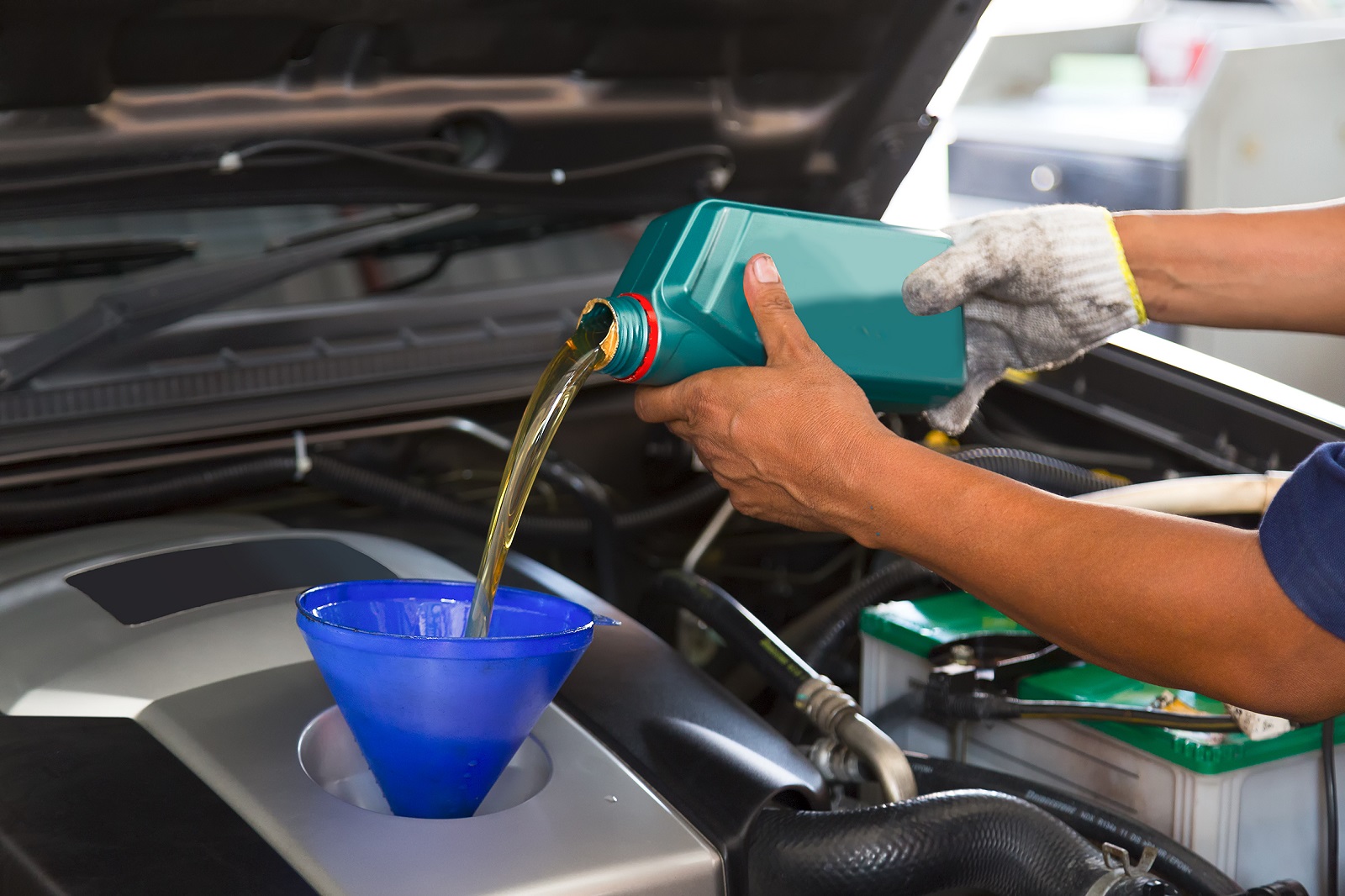
Image Credit: Shutterstock / FUN FUN PHOTO
Modern synthetic oils can last longer than the traditional 3,000-mile change interval. Many new cars can go 7,500 to 10,000 miles between changes, depending on the manufacturer’s recommendations.
2. Quality Over Brand
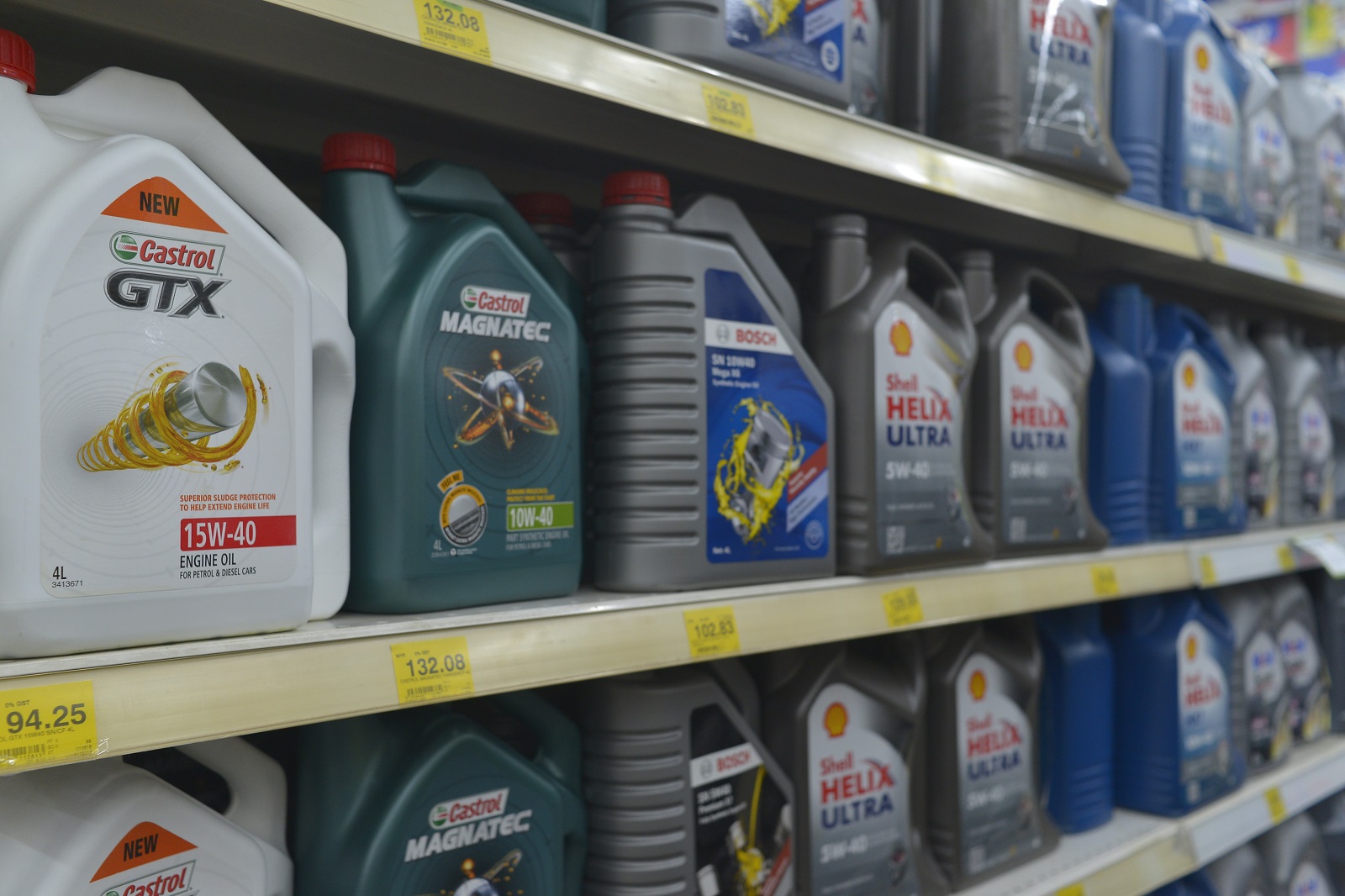
Image Credit: Shutterstock / BARKEH SAID
Not all expensive brand-name oils are superior. Often, a less expensive oil that meets your vehicle’s specifications can perform just as well.
3. Transmission Fluid Isn’t Always Lifetime
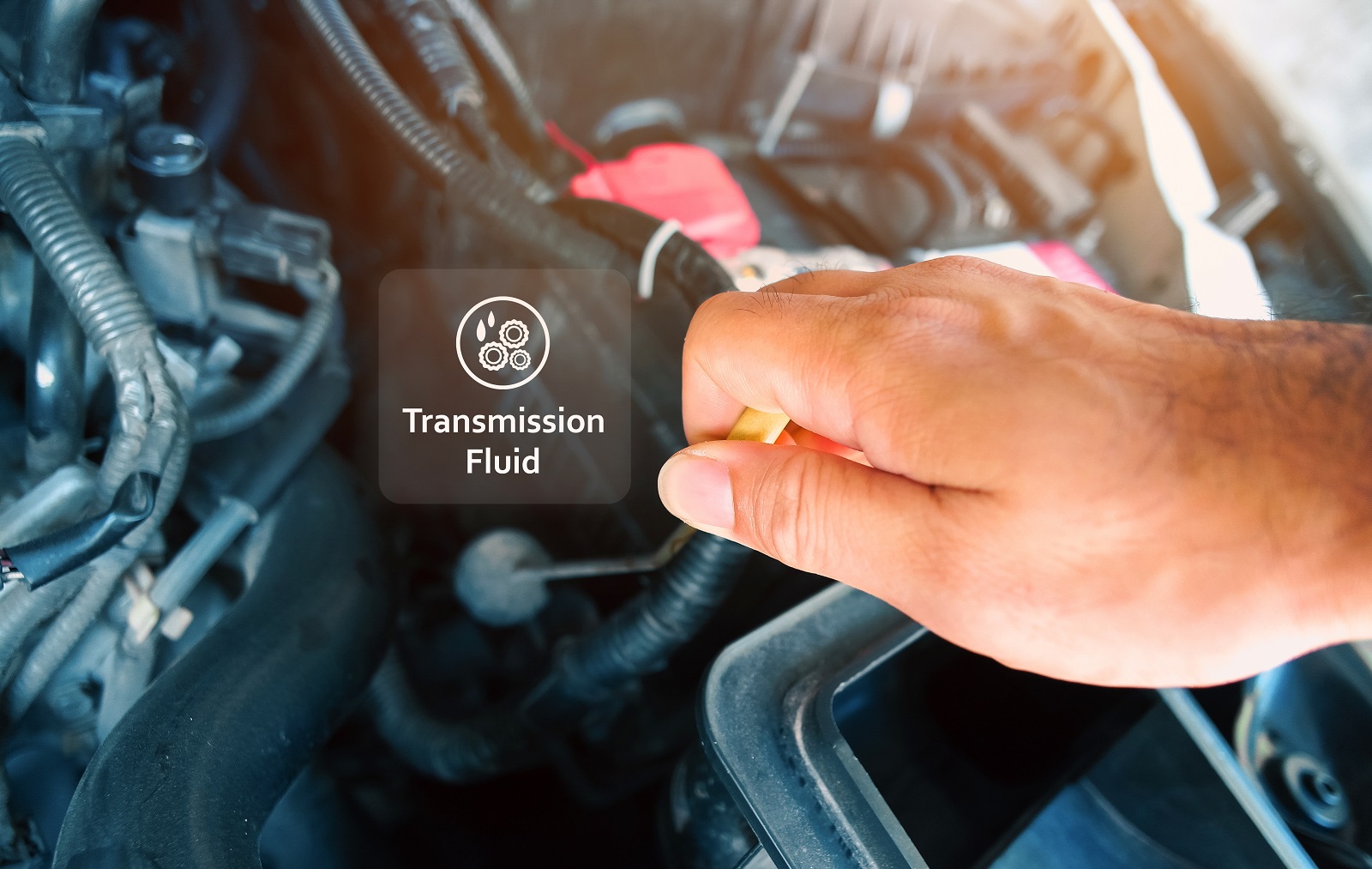
Image Credit: Shutterstock / BLKstudio
While some manufacturers claim their transmission fluid lasts a lifetime, changing it every 60,000 to 100,000 miles can significantly extend your transmission’s life.
4. Brake Fluid Absorbs Moisture
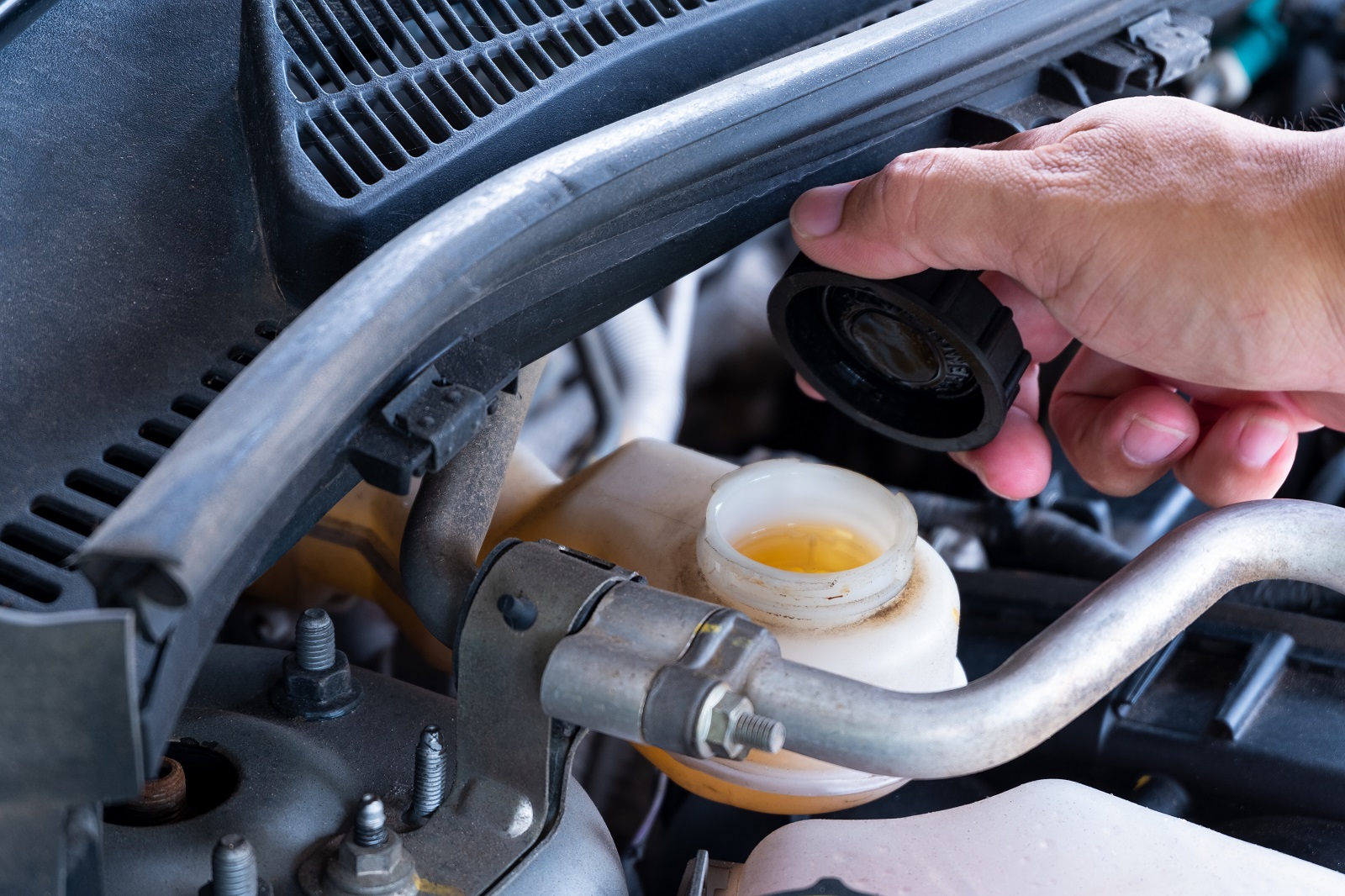
Image Credit: Shutterstock / Kritchai7752
Brake fluid is hygroscopic, meaning it absorbs moisture from the air. This can reduce its effectiveness, so it should be changed every 2 to 3 years to maintain optimal braking performance.
5. Coolant Needs Specific Mixtures
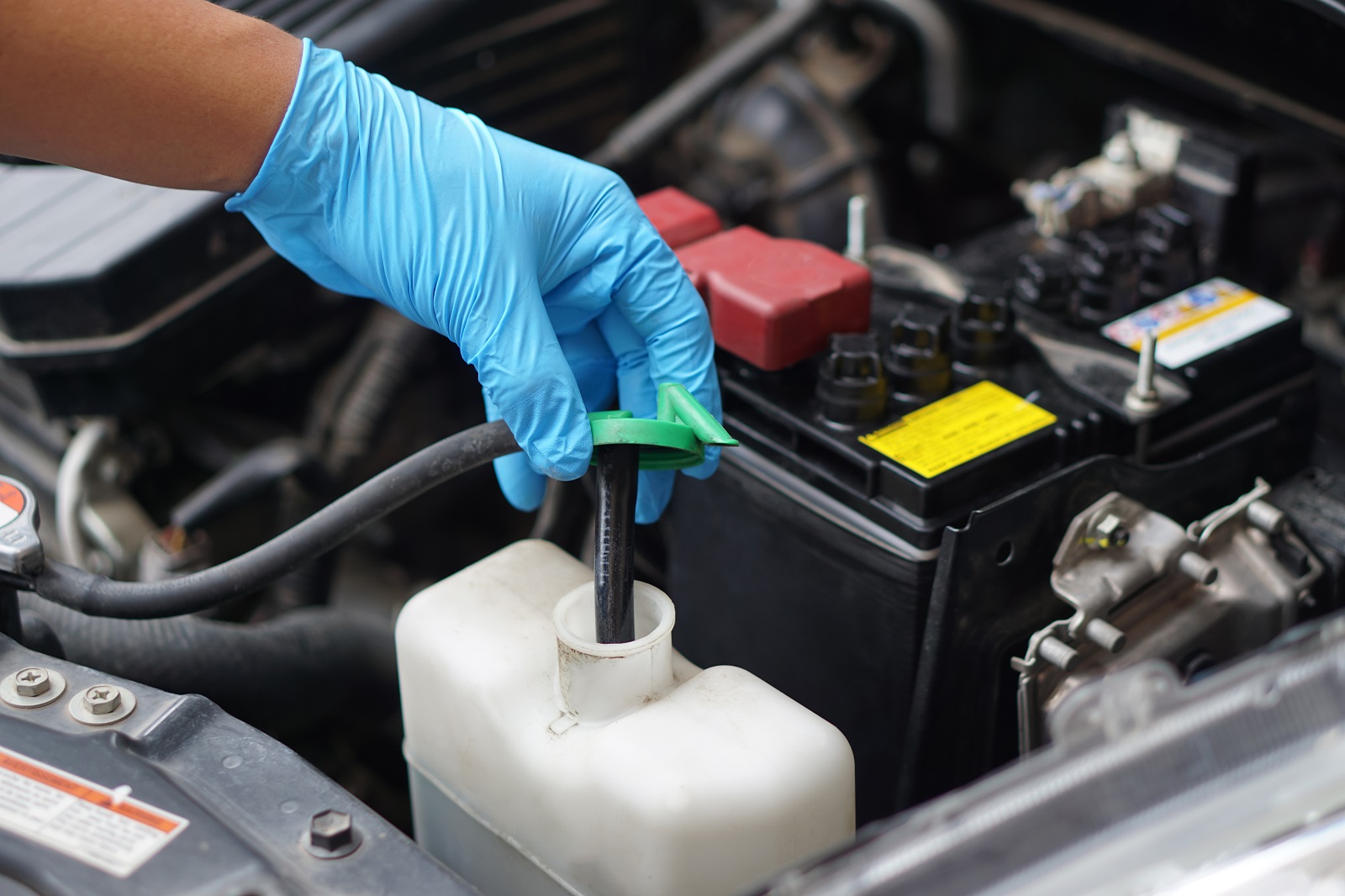
Image Credit: Shutterstock / tawanroong
Using the wrong coolant or improper water-to-coolant ratios can lead to corrosion and overheating. Always follow the manufacturer’s guidelines for the correct mixture.
6. Power Steering Fluid Deteriorates Over Time
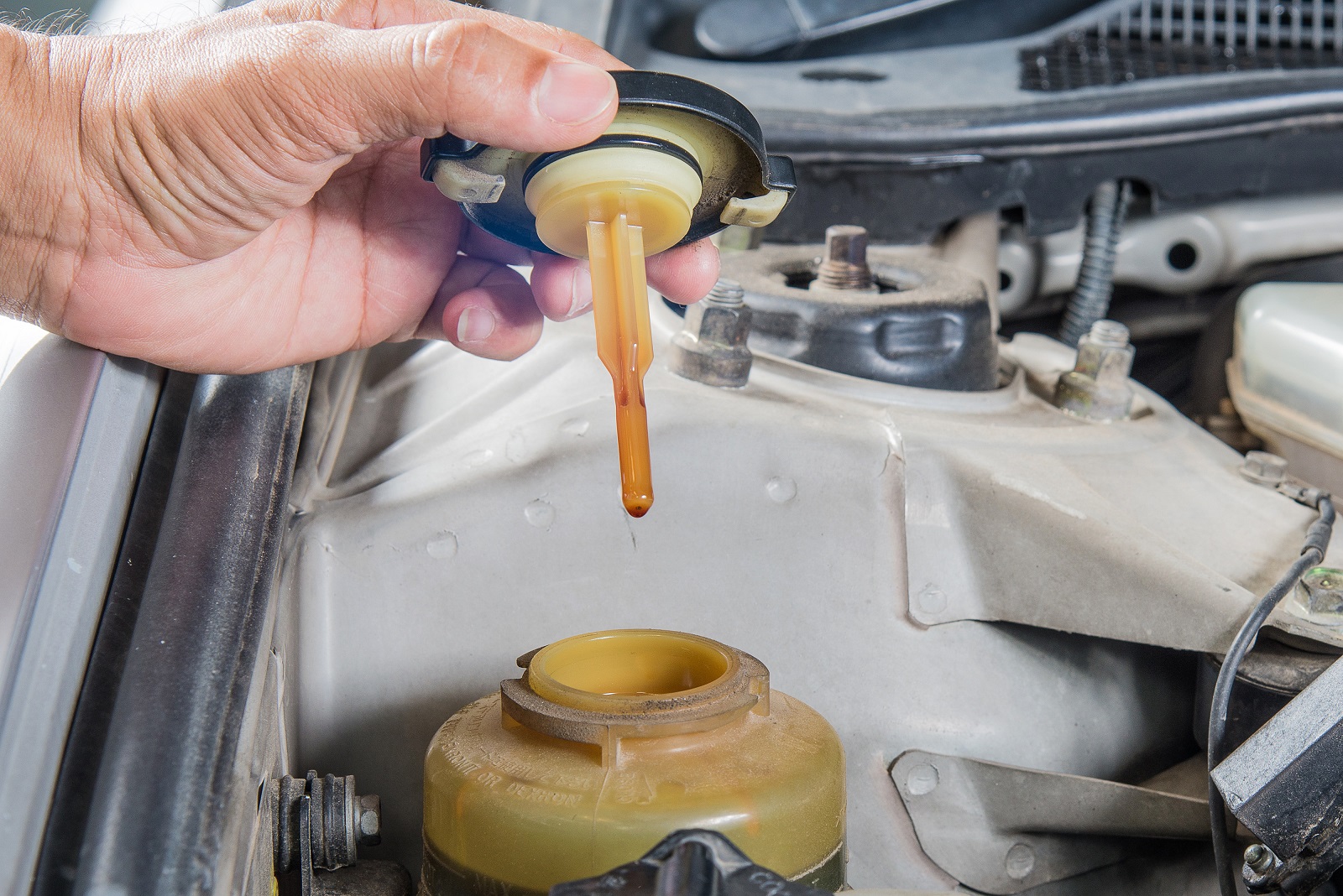
Image Credit: Shutterstock / Poungsaed-Studio
Power steering fluid doesn’t last forever. It can degrade and collect contaminants, leading to steering issues or pump damage if not changed regularly.
7. Differential Fluid Is Often Overlooked
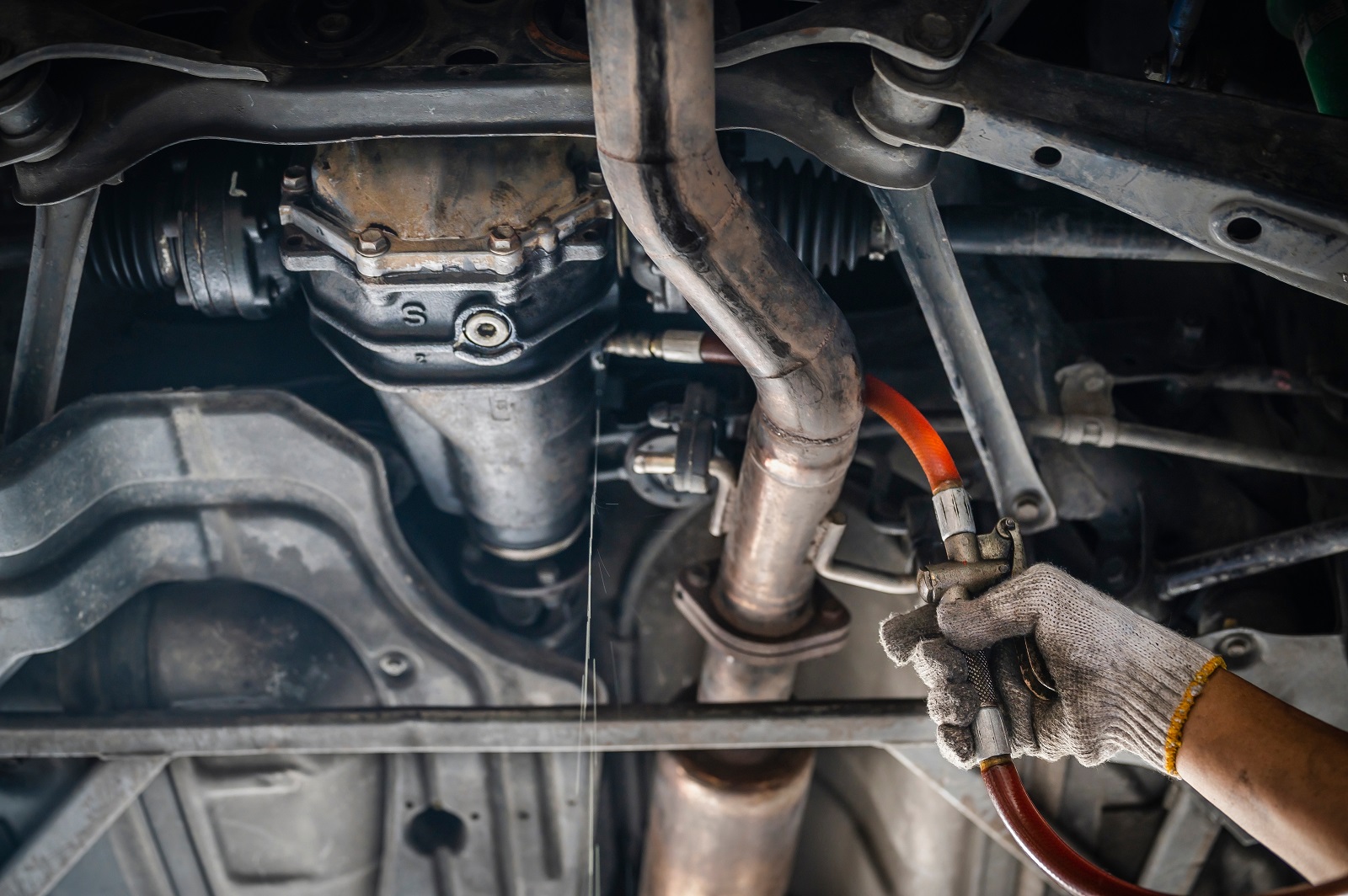
Image Credit: Shutterstock / Setta Sornnoi
The fluid in your vehicle’s differential is crucial for smooth operation but is frequently neglected. It should be checked and possibly changed every 30,000 to 50,000 miles.
8. Washer Fluid Can Freeze
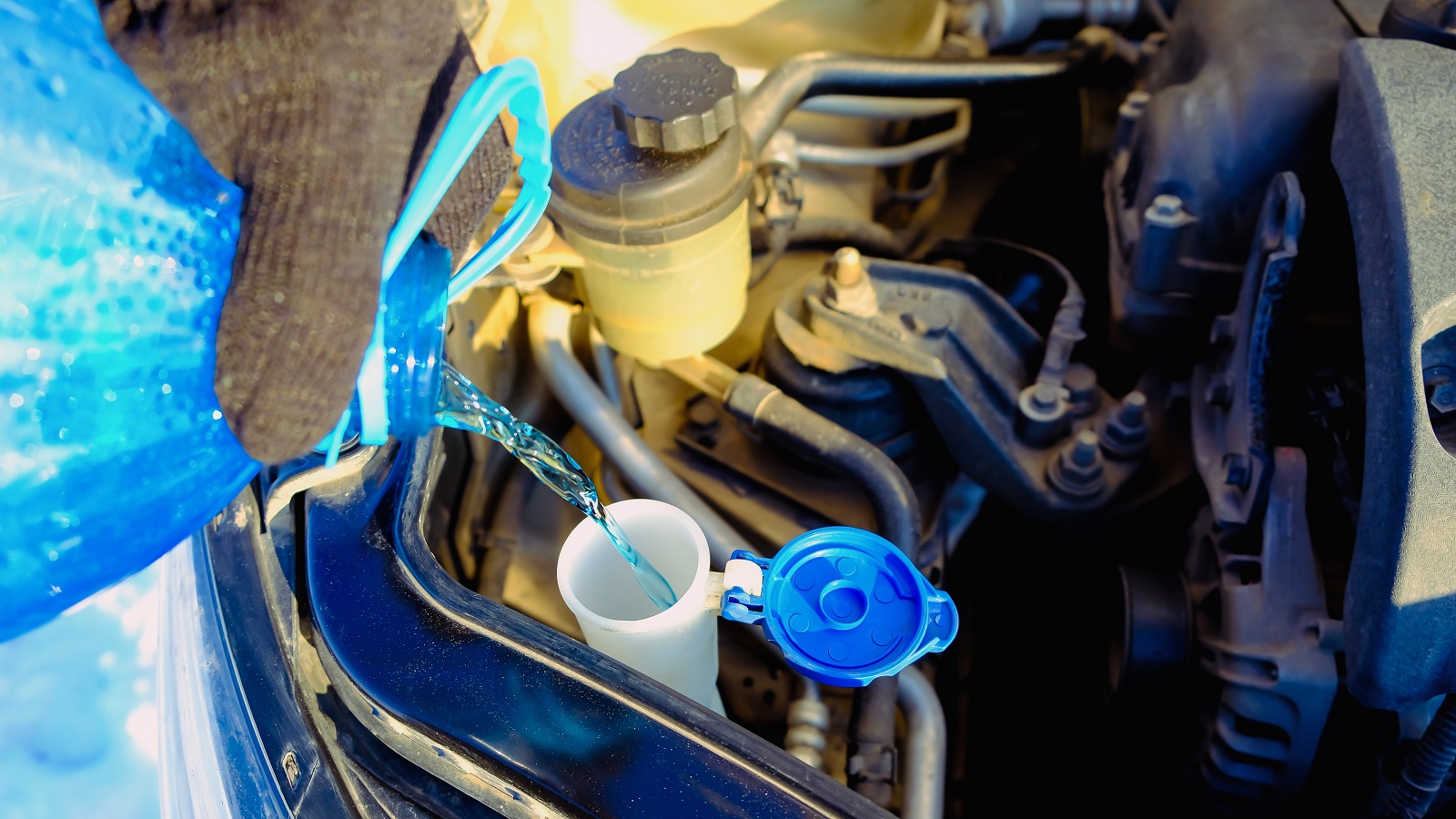
Image Credit: Shutterstock / Evgenius1985
In cold climates, using a winter-rated washer fluid is essential to prevent freezing and ensure your windshield remains clear.
9. Fuel Additives Aren’t Always Necessary
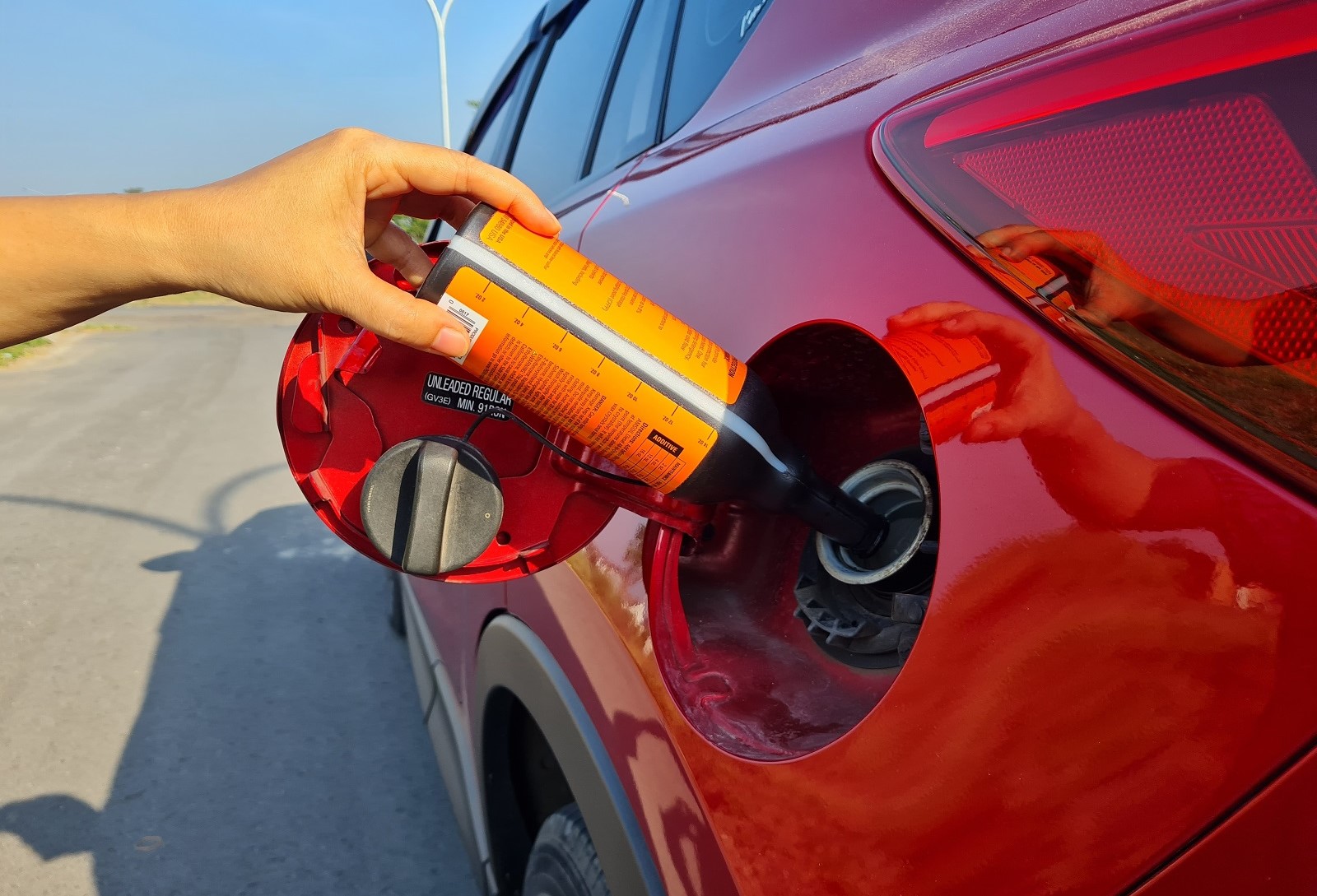
Image Credit: Shutterstock / Andri wahyudi
Many mechanics suggest fuel additives to clean injectors, but modern fuels already include cleaning agents. Additional additives are often not needed unless your car has specific issues.
10. Oil Additives May Do More Harm Than Good

Image Credit: Shutterstock / Goncharov_Artem
Some oil additives claim to improve engine performance, but they can disrupt the oil’s carefully balanced formula and potentially harm your engine.
11. Using the Wrong Fluids Can Void Warranties
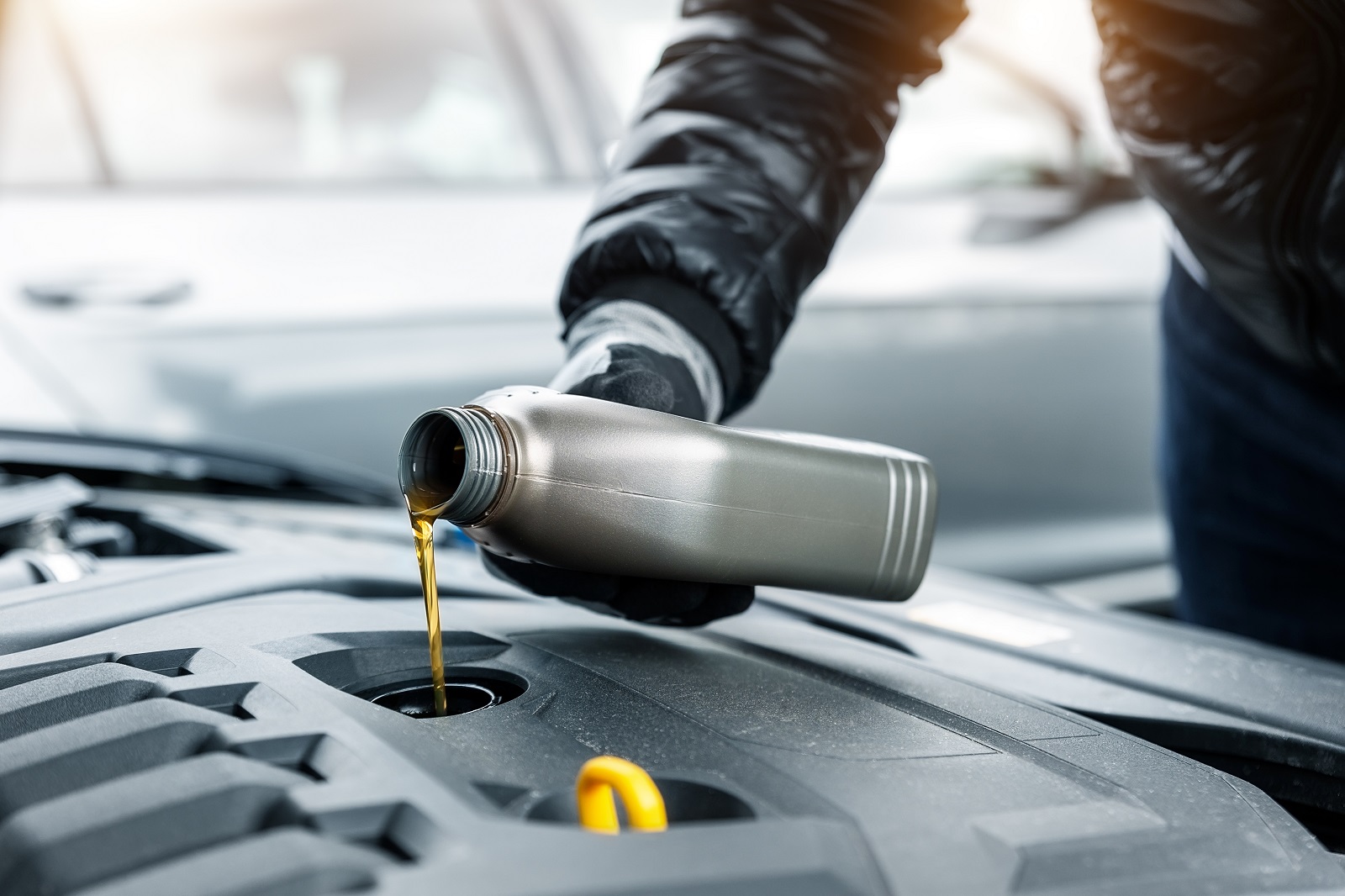
Image Credit: Shutterstock / Gorloff-KV
Filling your car with the incorrect fluids can lead to significant damage and might void your manufacturer’s warranty.
12. Synthetic vs. Conventional Oil

Image Credit: Shutterstock / chemical industry
Synthetic oil is often worth the extra cost because it provides better protection, especially in extreme temperatures, and can lead to longer intervals between changes.
13. Checking Fluid Levels Is Easier Than You Think
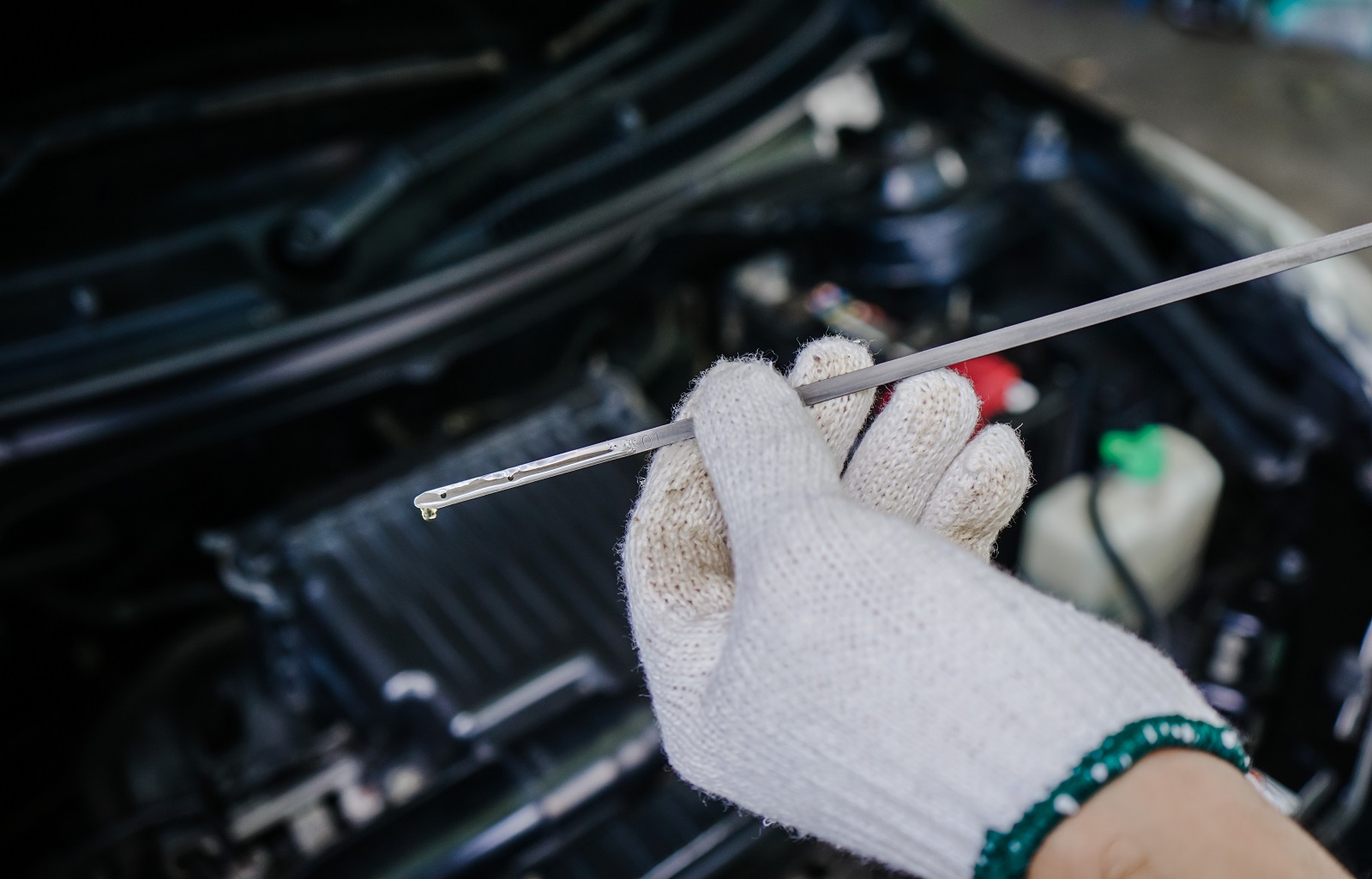
Image Credit: Shutterstock / Mr.Anuwat Rumrod
You can check most of your vehicle’s fluid levels yourself. Regular checks help identify leaks or consumption issues early.
14. Overfilling Can Be as Damaging as Underfilling
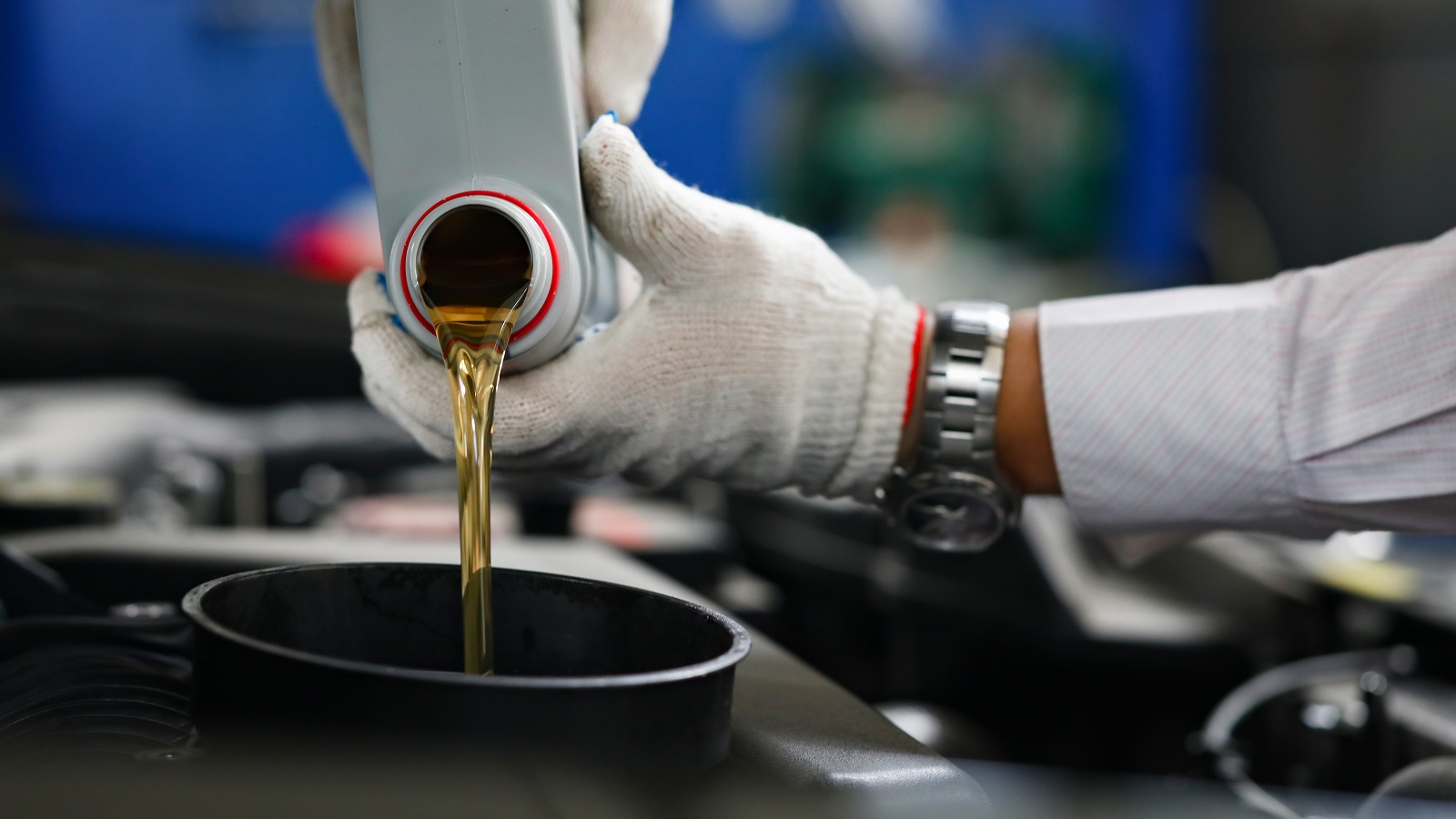
Image Credit: Shutterstock / H_Ko
Adding too much fluid can cause pressure build-up, leading to leaks or component failures. Always fill to the recommended levels.
15. Color Indicates Fluid Health
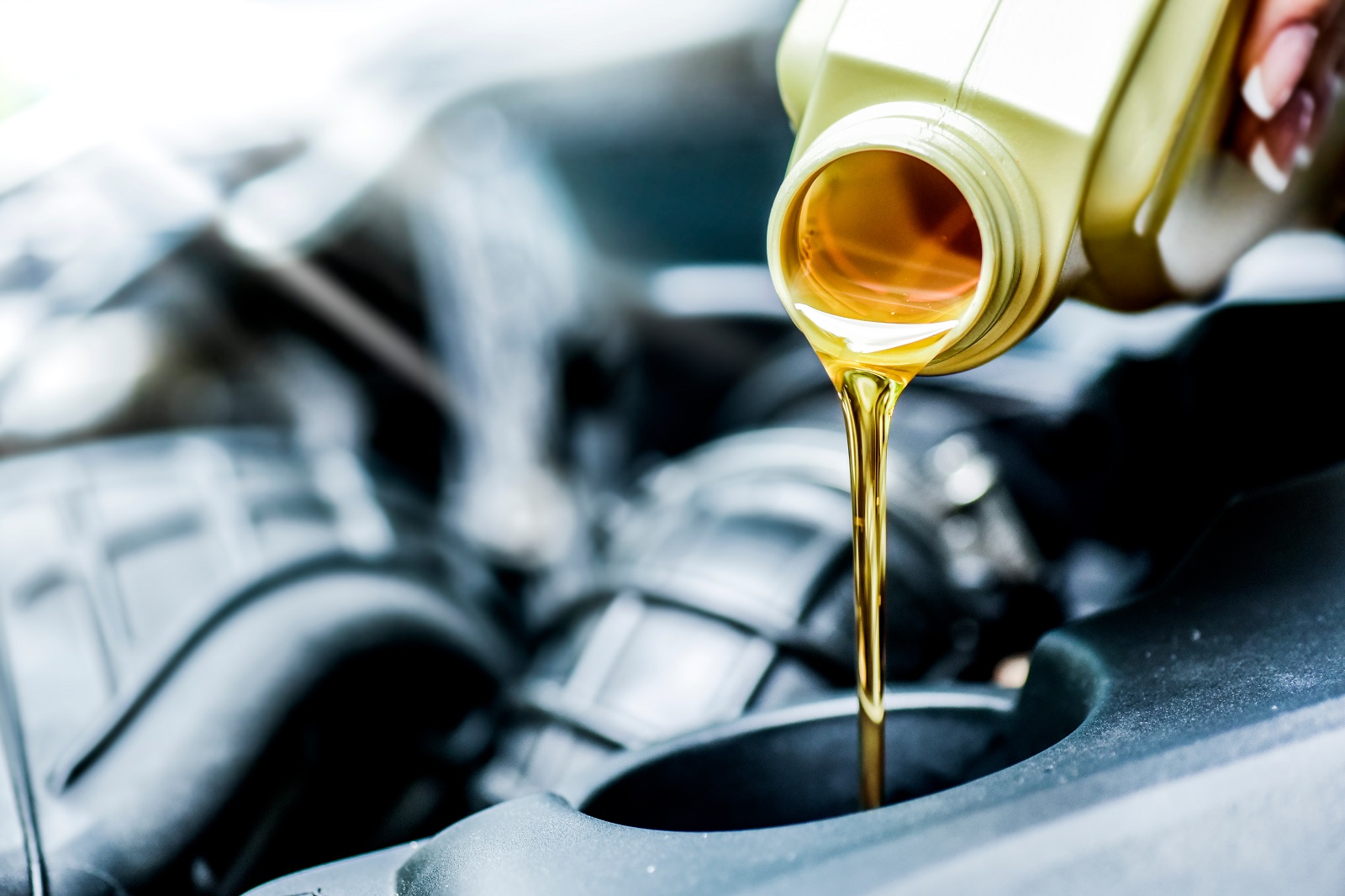
Image Credit: Shutterstock / Krasula
The color of fluids can reveal a lot about their condition. Dark, dirty fluids usually indicate it’s time for a change.
16. Seasonal Changes Affect Fluids

Image Credit: Shutterstock / alexfan32
Different climates and seasons can affect fluid performance. Adjusting fluid types and levels based on your environment can optimize your vehicle’s operation.
Stay Informed and Empowered

Image Credit: Shutterstock / Minerva Studio
By understanding these truths about car fluids, you can make more informed decisions about your vehicle’s maintenance, potentially saving money and extending the life of your car. Always stay proactive with fluid checks and changes to ensure your vehicle runs smoothly and safely.
Police Magnet: 7 Cars That Guarantee You’ll Get Pulled Over

Image Credit: Shutterstock / sirtravelalot
Driving certain cars can make you more noticeable to law enforcement, even if you’re abiding by all the rules. Are you driving one of these “police magnets”? Here are seven cars that seem to attract more police attention than others. Police Magnet: 7 Cars That Guarantee You’ll Get Pulled Over
The Classic Cars That Were Total Clunkers

Image Credit: Pexels / Pixabay
Nostalgia has a funny way of making the past seem better than it was, especially when it comes to cars. But here’s the hard truth: some of those “classic” cars your dad raves about were real clunkers. Here’s a closer look at why some of those so-called “classics” weren’t all they were cracked up to be. The Classic Cars That Were Total Clunkers
The Worst U.S. Cars Ever Made: A Retro List

Image Credit: Pexels / Be The Observer
The U.S. auto industry has produced some incredible vehicles, but not every model was a hit. Here’s a look back at 16 of the worst cars ever made in the U.S., each infamous for its own unique flaws. The Worst U.S. Cars Ever Made: A Retro List
Featured Image Credit: Shutterstock / Kawin Ounprasertsuk.
For transparency, this content was partly developed with AI assistance and carefully curated by an experienced editor to be informative and ensure accuracy.
The images used are for illustrative purposes only and may not represent the actual people or places mentioned in the article.



